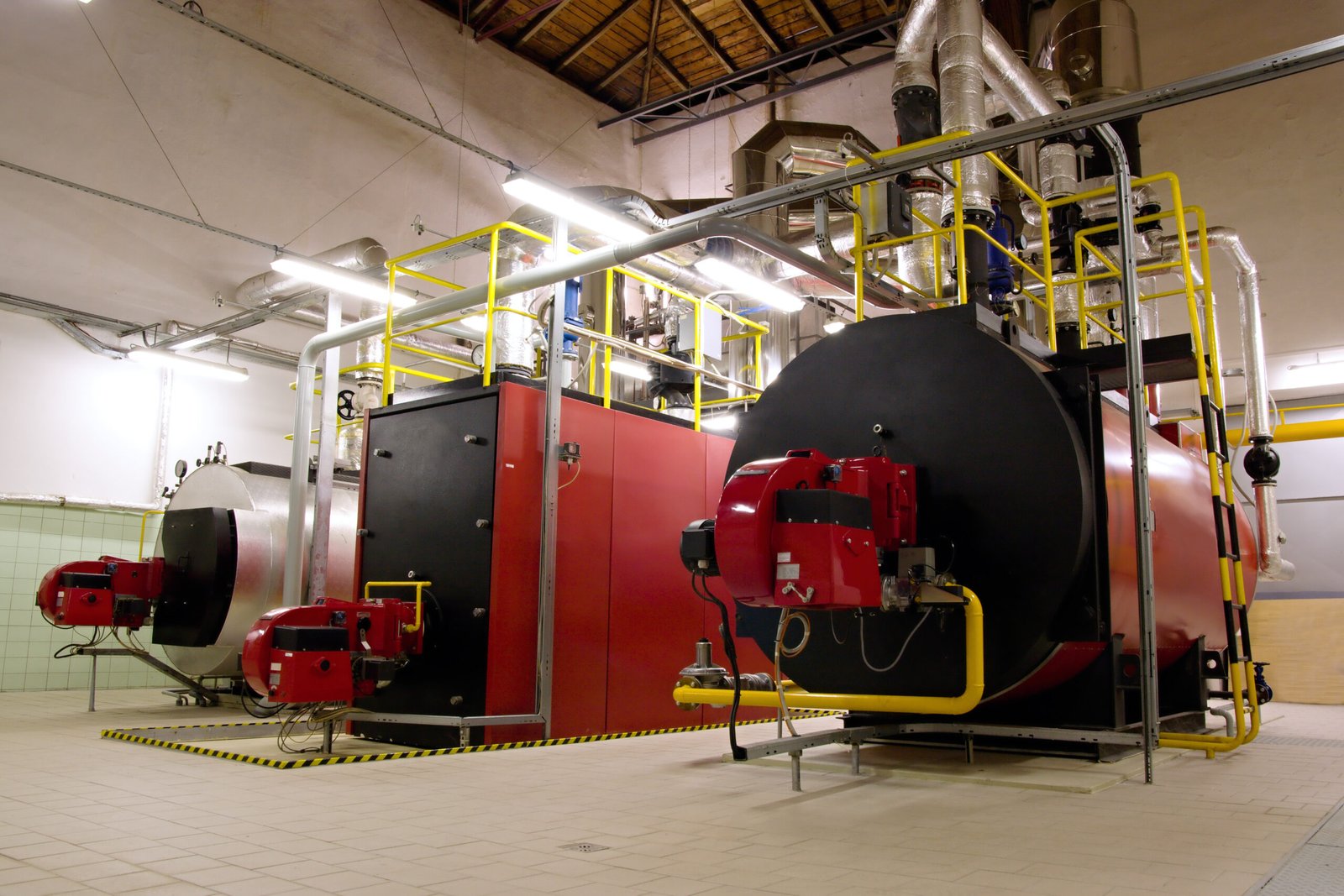The world of process equipment manufacturing is undergoing a dramatic shift. As businesses adapt to satisfy stronger laws, sustainability goals, and increased efficiency standards, the demand for more innovative, durable, and customisable process equipment grows.
Modern industries, ranging from food and pharmaceuticals to petrochemicals and energy, are pushing the limits of process equipment capability. Let’s look at the most important trends impacting the future of process equipment manufacturing.
1. Automation & Robotics Integration
One of the most noticeable trends is the fast integration of automation and robotics into manufacturing. In the manufacturing of process equipment, this means:
- Robotic welding for precision and consistency
- Automated CNC machines for complex component shaping
- Automation of assembly lines improves consistency and output
These technologies decrease human mistakes, increase production, and produce higher-quality results with less waste. As factories compete worldwide, automation becomes critical for remaining nimble and cost-effective.
2. Smart Manufacturing with IoT & Data Analytics
Industry 4.0 is a reality now, not just a catchphrase. Manufacturers of process equipment today are integrating real-time monitoring tools, smart sensors, and Internet of Things devices into their systems. This enables:
- Predictive maintenance via real-time data collection
- Optimising performance based on usage trends
- Remote diagnostics can help prevent unexpected downtime
By transforming unprocessed data into valuable insights, businesses can improve equipment efficiency and provide end users value-added services.
3. Customization & Modular Designs
Modern industries require customised solutions to meet specific outputs, surroundings, and procedures. As a result, there is an increasing preference for:
- Custom-made parts
- Modular equipment that can be scaled or modified
- Flexible designs that enable quick adaptability
Fast and accurate delivery of customised solutions gives manufacturers a significant competitive advantage.
4. Focus on Sustainability & Energy Efficiency
As sustainability becomes a global issue, process equipment is redesigned to save energy, lower emissions, and promote circular practices. This includes:
- Eco-friendly materials with a longer lifespan
- Energy-saving motors, drives, and insulation
- The equipment incorporates recycling and waste management features.
Lean production, low-emission fabrication, and waste-minimization techniques are some of the methods manufacturers use to construct the equipment as part of sustainable manufacturing practices.
5. Advanced Materials & Alloys
Advanced materials are increasingly used to construct modern process equipment to overcome the problems of high pressure, corrosion, and extreme temperatures. Some significant advancements include:
- Inconel and stainless steel cladding for corrosion resistance
- Titanium and specialty alloys for high-strength applications
- Carbon fibre composites in lightweight designs
Choosing the correct material ensures durability, reduces lifecycle costs, and improves equipment safety.
6. Digital Twin Technology
Digital Twins (virtual representations of physical equipment) have transformed how process systems are built, tested, and maintained. These twins enable:
- Simulation of real-world situations
- Monitoring of wear, fatigue, and thermal performance
- Testing design iterations virtually before production
This means faster innovation, more intelligent maintenance, and fewer post-installation failures for manufacturers and plant operators.
7. Emphasis on Compliance & Standardization
As global trade expands, process equipment must meet a variety of regulatory and industrial standards, including:
- ASME (The American Society of Mechanical Engineers)
- ISO certificates
- IBR (Indian Boiler Regulations)
- GMP (Good Manufacturing Practice) in pharmaceuticals
Leading manufacturers are now including compliance into the design process, ensuring equipment is always audit-ready and legally compliant across geographies.
8. 3D Printing and Additive Manufacturing
Additive manufacturing is developing as a major changer, particularly for prototype and intricate component design. 3D printing enables firms to:
- Rapidly prototyping innovative equipment designs
- Produce complicated geometries that are difficult with existing approaches
- Reduces material waste and lead time
While still gaining popularity in large-scale applications, 3D printing is changing how components are tested, iterated, and finalised.
9. Enhanced Lifecycle Support & After-Sales Services
Customers today demand more than simply equipment delivery; they want a lasting relationship. Top manufacturers are offering:
- 24/7 technical support
- Remote monitoring services
- Predictive maintenance alerts
- Lifecycle tracking and service scheduling
Over time, improved equipment performance is ensured, and customer loyalty is strengthened by this transition from product distribution to solution ownership.
10. Collaboration with OEMs and End Users
Co-creation is getting increasingly popular. Process equipment manufacturers collaborate closely with OEMs and plant operators to provide equipment that smoothly integrates with overall operational goals. This leads to the following:
- Faster commissioning times
- Improved compatibility with current infrastructure
- Greater conformity to process specifications
Manufacturers are changing from simply suppliers to strategic partners contributing to innovation and efficiency.
Final Thoughts
The future of process equipment manufacture is agile, digital, and extremely sensitive to changing industry demands. There is no doubt about the trends: only those who innovate will be at the forefront, whether it be through automation, more innovative materials, or sustainability-first design.
Manufacturers who embrace these trends stand to gain more than operational efficiency; they also earn the trust of global industries that rely on dependable, sophisticated, and future-ready process systems.
As technology improves and customer expectations rise, the process equipment business will evolve—becoming more intelligent, greener, and more powerful than ever before.
Get in touch with RIBO Industries for more information.

